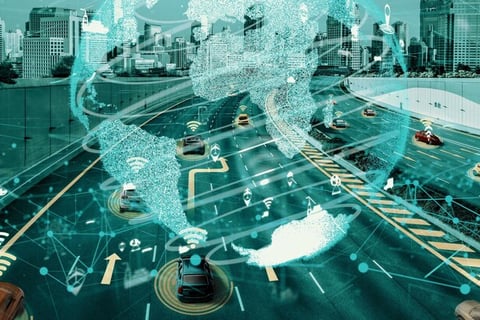Intelligent Automation Solutions
We specialize in intelligent automation of dynamic geospatial knowledge graphs for enhanced decision-making.
Data Analysis Tools


Utilizing Python and MATLAB for comprehensive data analysis and model construction in geospatial contexts.


Experimental Platform Development
Creating platforms to simulate geographic data environments and analyze knowledge graph construction metrics.
Explore relationships between factors affecting intelligent automation through mathematical modeling and optimization.
Mathematical Modeling Insights






Use causal reasoning engines (such as DAG models and Bayesian networks) to explore the driving factors of geographical phenomena. For example, by analyzing the relationship between urban heat island effect and building density and green coverage, optimization suggestions can be made.
Based on time series models (such as LSTM and Transformer), dynamic trends such as traffic flow and disaster risks are predicted, and the prediction results are fed back through real-time updates of knowledge graphs
Through geospatial agents (such as SuperMap GI Agent and UrbanKGent), users’ natural language requests are responded to and GIS tools (such as buffer analysis and path planning) are automatically called to complete tasks. For example, if a user asks “Find a cafe with parking spaces within 2 km of Xuhui District, Shanghai”, the agent can query the knowledge graph in real time and return the results.


Intelligent automation of dynamic geospatial knowledge graphs achieves full-process intelligence from "data perception" to "knowledge decision-making" by integrating AI, GIS and knowledge graph technologies. Its core lies in solving the heterogeneity, dynamics and semantic complexity of spatiotemporal data through automation technology, while improving the real-time and accuracy of geographic decision-making with the help of intelligent reasoning and intelligent agent interaction. With the development of large models, edge computing and digital twin technologies, this field will show greater potential in smart cities, emergency management, sustainable development and other fields, and promote the paradigm shift of geographic information technology from instrumentalization to cognitive and autonomous.